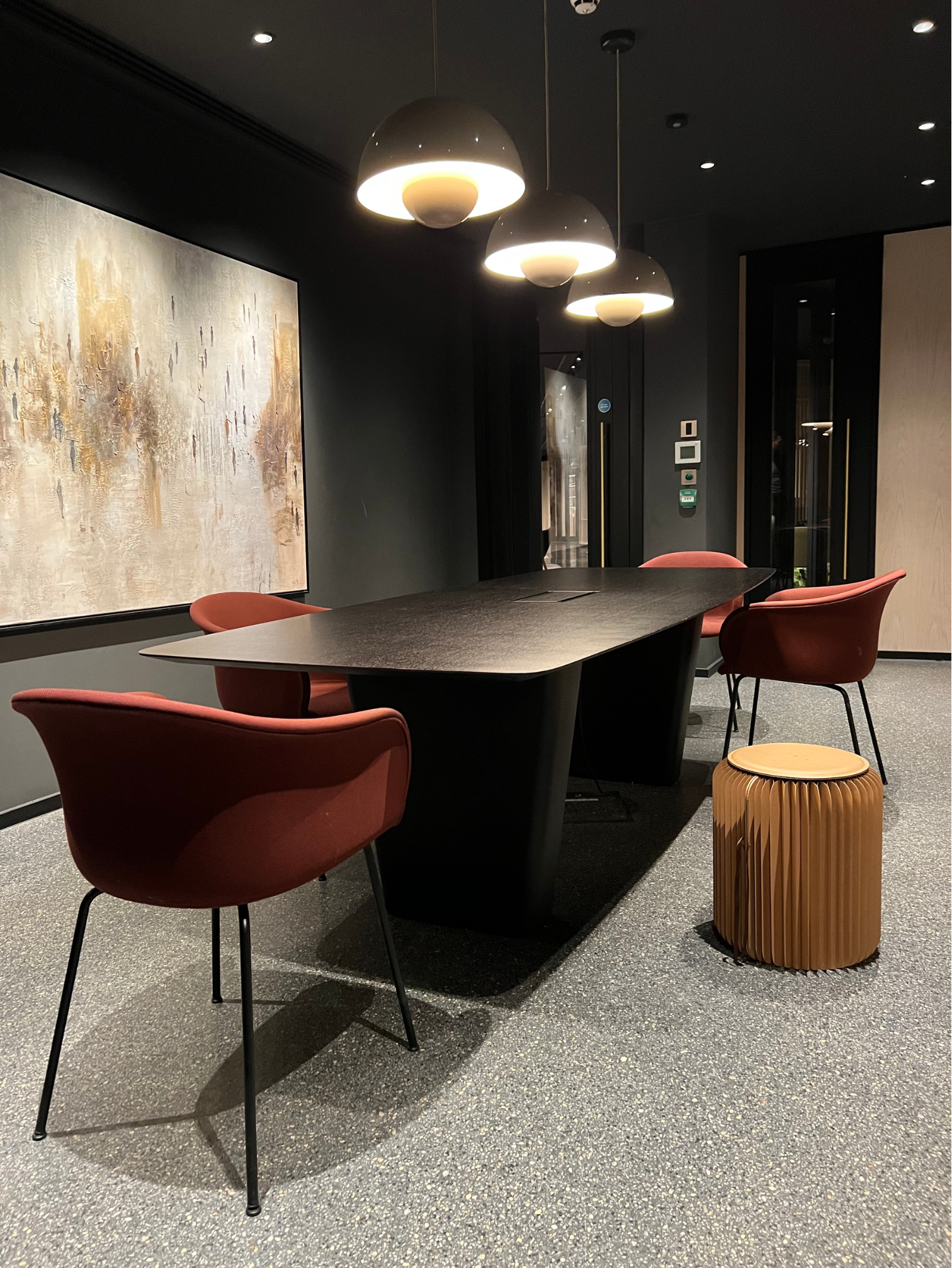Navigating the Societal Tapestry: Adapting to Evolving Lifestyles in a Denser World

In an era defined by constant evolution and a global nomadic culture, our living spaces are undergoing a profound transformation. Cities are growing denser, propelling us to reevaluate our living solutions to accommodate the dynamic nature of contemporary life. This insightful exploration delves into the shifting dynamics of modern living, intertwining statistical insights, expert perspectives, and the revolutionary approach of Origami Lounge's foldable, collapsible, and ergonomic space-saving furniture design.
Urbanisation, a hallmark of the modern era, continues to reshape our world. Cities are not merely concrete jungles but vibrant ecosystems of opportunity, culture, and diversity. A recent study published in the Journal of Urban Economics indicates that the densification of urban spaces is a multifaceted phenomenon influenced by economic, cultural, and lifestyle factors.
- By 2050, an estimated 75% of the global population will reside in urban areas (World Health Organization).
- Densification correlates with a 15% reduction in carbon emissions per capita (Journal of Urban Economics).
A defining aspect of contemporary life is the rise of the nomadic lifestyle. According to the International Organization for Migration, millions of individuals traverse the globe, seeking education, career opportunities, and unique experiences. This global mobility is reshaping societal norms, with a majority of millennials identifying themselves as part of a global community.

- Over 270 million people live outside their country of birth (International Organization for Migration).
- 64% of millennials consider themselves part of a global community (Global Shapers Survey).
The modern preference for compact living spaces is becoming increasingly evident. Research by The Guardian highlights a growing inclination towards smaller, efficient homes. This shift in housing preferences accentuates the demand for furniture that aligns seamlessly with the spatial constraints of contemporary living.
- 68% of urban respondents prefer smaller living spaces (The Guardian).
- The market for compact and space-saving furniture is projected to witness a 6% annual growth (Market Research Future).
In response to these evolving dynamics, Origami Lounge emerges as a beacon of innovation. Through meticulous design and a commitment to sustainability, Origami Lounge's foldable, collapsible, and ergonomic space-saving furniture solutions epitomize the brand's understanding of contemporary needs. The emphasis on adaptability positions Origami Lounge as a pivotal player in shaping the furniture market of the future.




